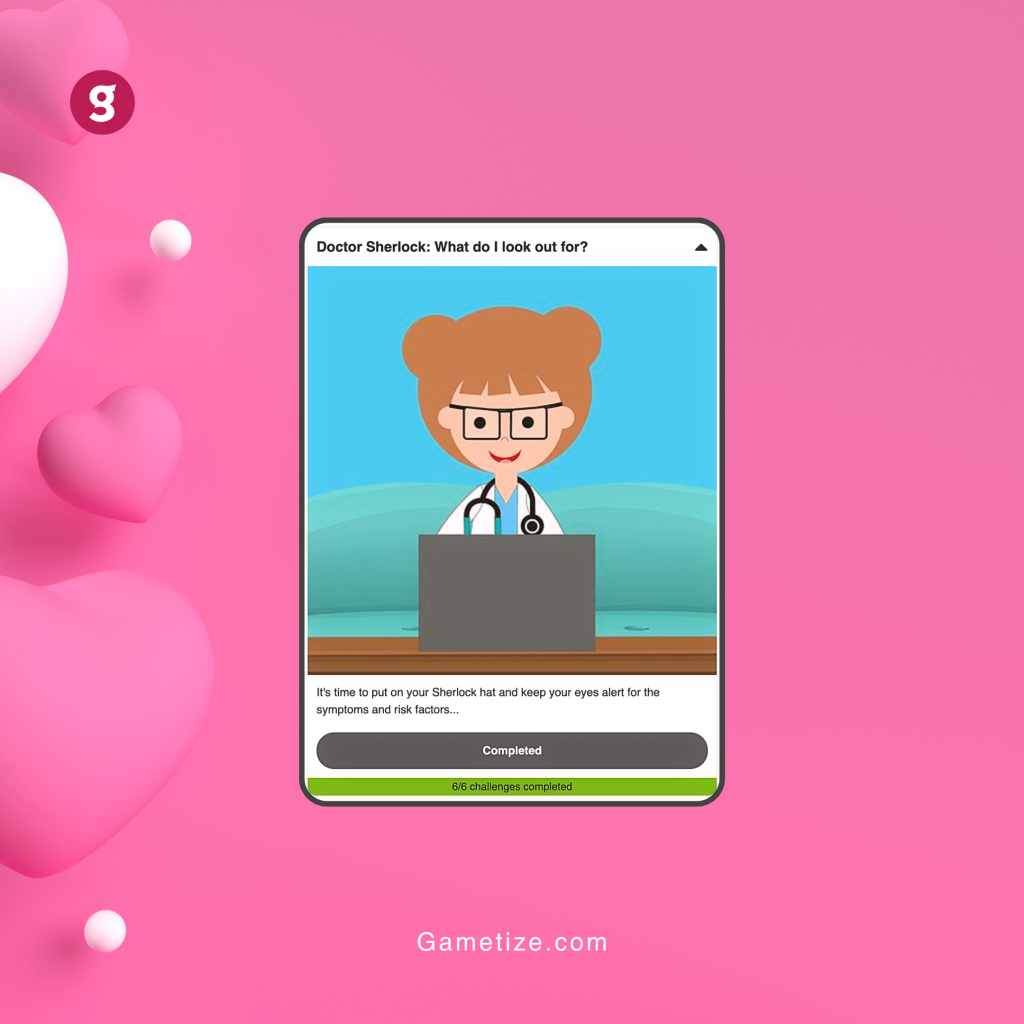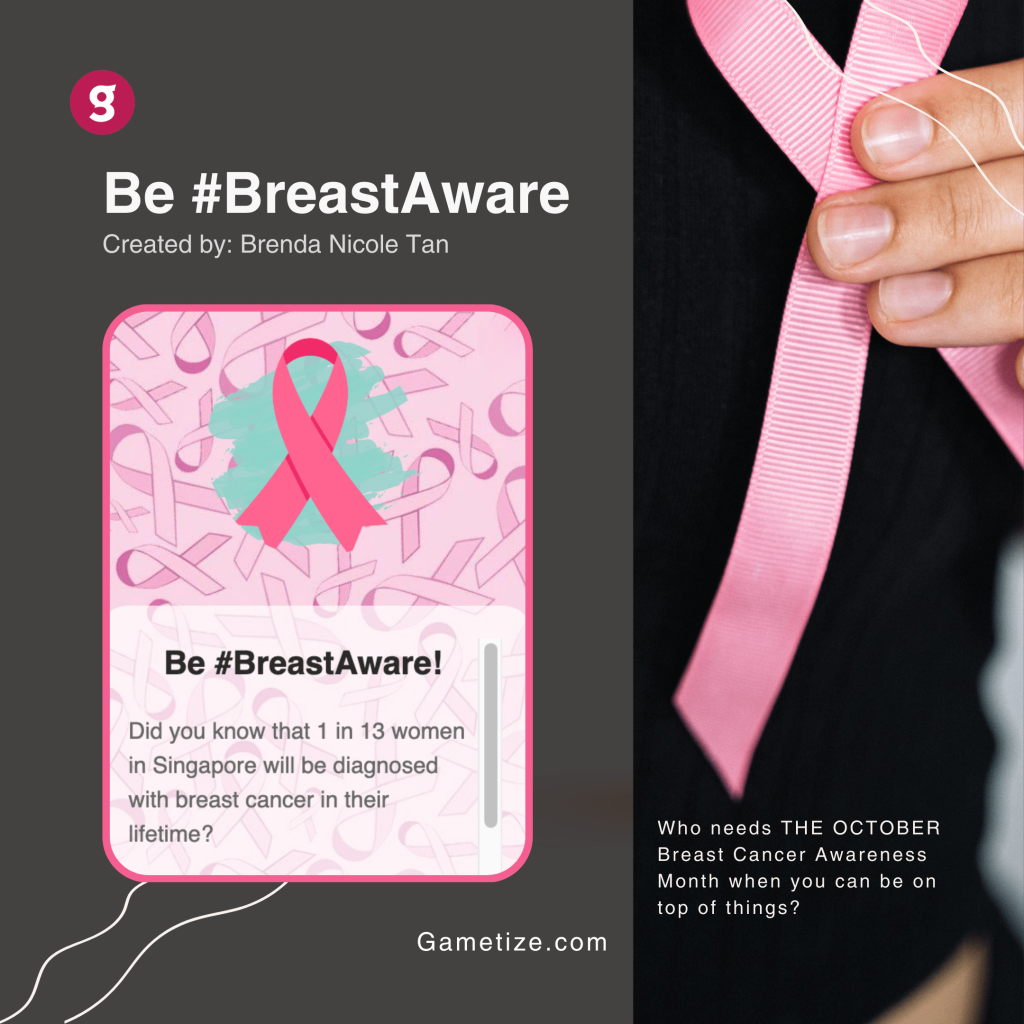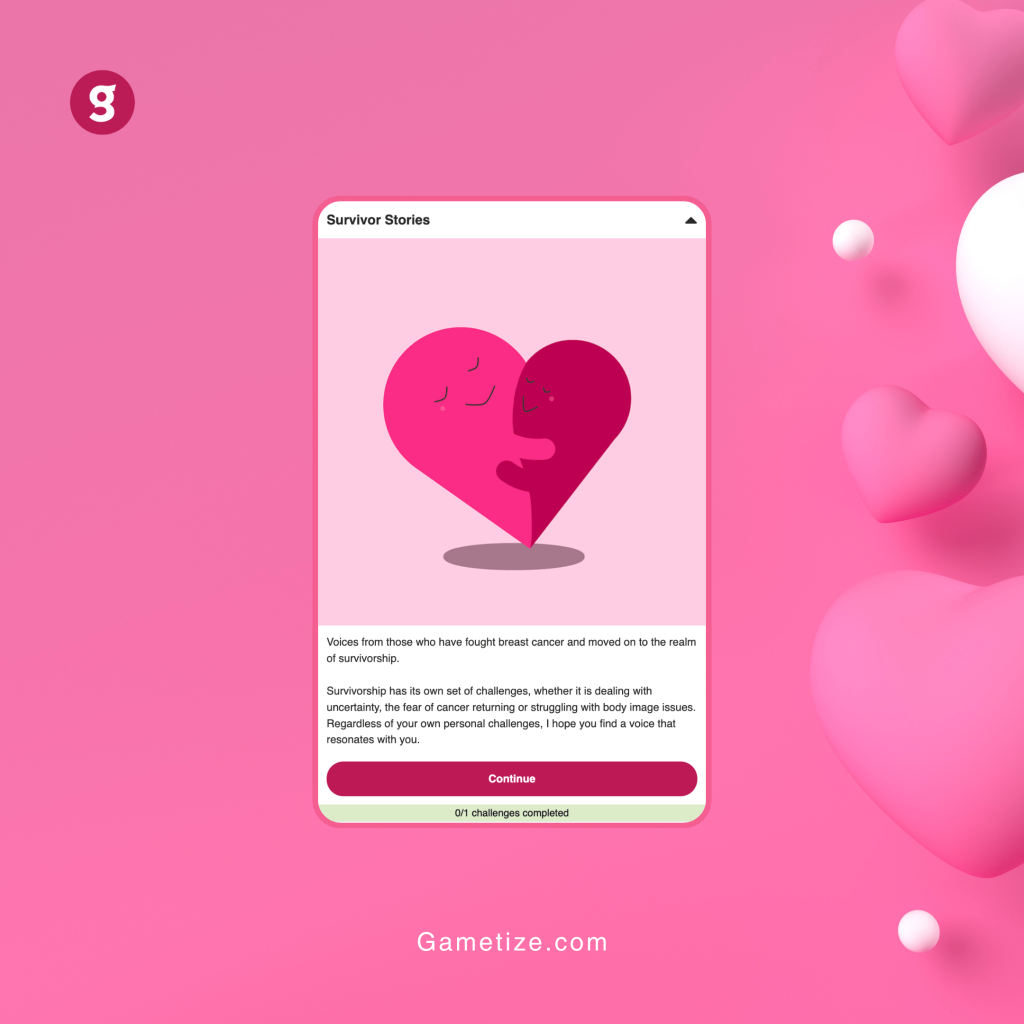Be #BreastAware!
A campaign to increase awareness and action of early-onset Breast Cancer.
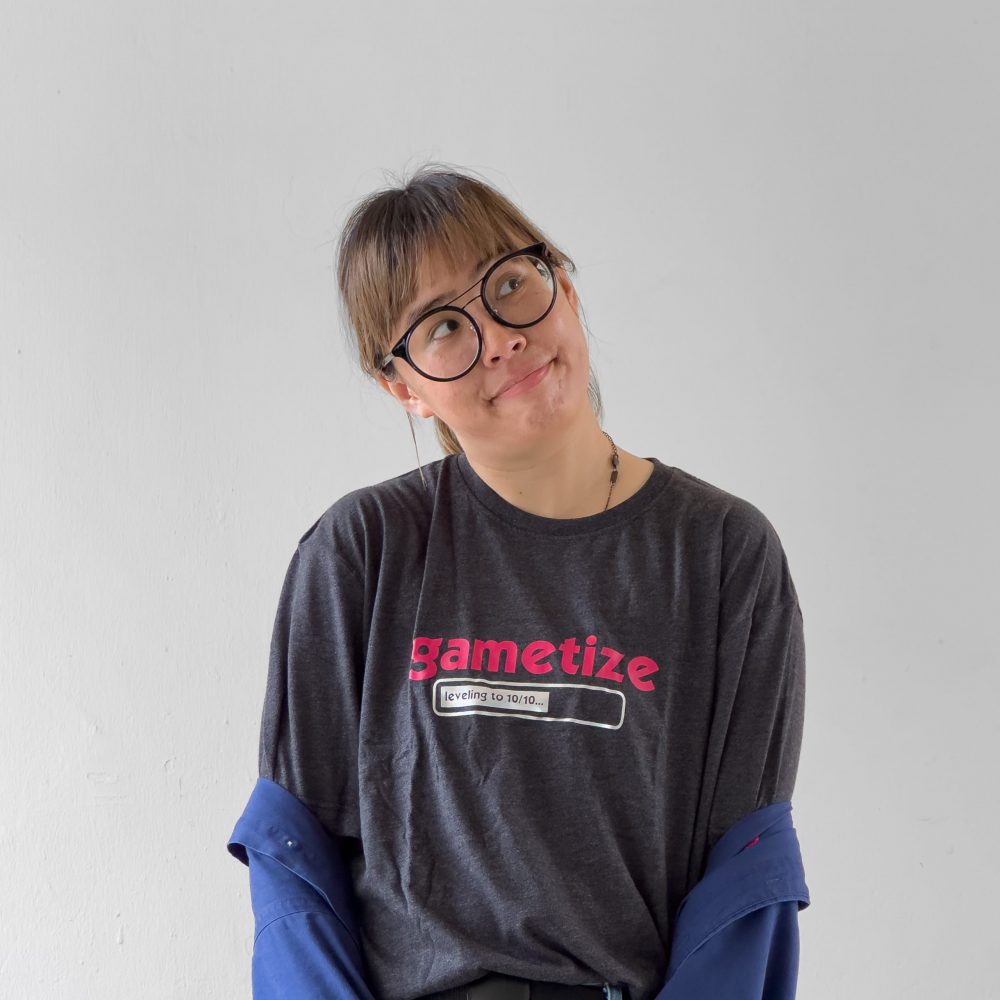
My Story
Most of us don’t want to think about cancer happening to us in our younger years. It sounds too far-fetched, something that only happens to people in their 50s. Until I got hit by cancer myself (I was 36 , diagnosed in January 2023), cancer was never on my mind. I thought I was invincible because of my age.
After my diagnosis, I started looking out for people in a similar plight on my favourite social network (Instagram) for social support. From there, I got to know several young women, all diagnosed with breast cancer in their 30s – some as young as 20. Most got diagnosed because they randomly
“discovered a lump” and got suspicious, and very rarely from routine screening. Like me, most of them did not care about cancer until they got it themselves.
The Problem
Despite the increased incidence of breast cancer in younger women, mammograms are not offered as a routine screening for women under 40 in Singapore. This is due to younger women having denser breast tissues3 , which limits the effectiveness of mammograms as a breast cancer screening tool in this age group. As a result of this lack of routine screening, breast cancer often goes undetected in younger women until it manifests as a larger, palpable lump, as opposed to cancer being detected as a smaller lesion as part of routine screening. Younger women are encouraged to do monthly self-checks to detect abnormalities such as lumps and growths but most do not do so, as many younger women
think that cancer is something that occurs at an older age.
A study by the National University of Singapore (NUS) in 2018 revealed 4 main reasons 4 why Singaporean women were reluctant to seek screening or early treatment for breast cancer:
- Lack of knowledge about breast cancer occurrence
- Lack of knowledge on breast cancer symptoms
- Misconceptions on breast cancer treatments
- Fear of becoming a burden to families
Additionally, there is the fear factor – where people simply don’t go for screening because of fear. “If I have cancer, I don’t want to know…”
The Goal
On a personal level – my goal is to prevent more younger women from ending up in my circumstances. As a whole, the goal of this campaign is to:
- Increase awareness of early-onset breast cancer (onset age of less than 40) and that youth is not a vaccine against cancer.
- Better awareness of breast cancer symptoms and what to look out for.
- Address misconceptions about breast cancer screening, and breast cancer in general.
- Encourage more younger women to go for screening.
- Educate younger women on how to perform self-checks.
Summarized, I hope to improve awareness and drive action.
Target Behaviours
The campaign will be carried out via a mobile app built upon the Gametize gamification platform, where participants may:
- Complete quizzes to learn about breast cancer, and to unlearn existing misconceptions.
- Read survivor stories from young women with breast cancer and interact with them.
- Refer friends for screening.
Behaviours aside, the content will be structured and presented in a way that will encourage and induce the following emotions and action potentials.
- “Hold f&$k-ing $#!+, I had no idea!!!” (Enlightenment.)
- “I better go for screening just to ensure I’m in the clear.”
- “I should encourage my sister/girlfriend/friends to go for screening.”
Target Players
The campaign primarily targets women below the age of 40. The secondary target group can be anyone who has friends or loved ones who are women under the age of 40. However, I intend to focus on the primary target group at least until the end of 2023.
The personas identified below closely mirror myself or people I know, but their names have been changed. Any resemblance to real persons, living or dead, is fully intentional.
Persona 1: Jasmine
- 23 years old, university graduate
- Enjoys travelling and sharing her adventures on Instagram and TikTok. Generally carefree and on the lookout for the latest trends.
- When asked about her thoughts on breast cancer, she says “I am way too young
to get it.”
Persona 2: Maggie
- 35 years old, marketing specialist at a major social media company
- She attends yoga and pilates classes as she wishes to remain fit and fab even though she is approaching her 40s.
- When asked about her thoughts on breast cancer, she says that she does not want to think about it.
- “I exercise a lot and try to remain healthy so that I won’t get cancer”.
Persona 3: Bernice (This persona is actually me)
- 36 years old, software engineer
- Enjoys reading and exercises regularly – in the form of strength training, K-pop
dance and cycling. She has a strong family history of cancer. - When asked about her thoughts on breast cancer, she semi-shrugs it off.
- “My mum had breast cancer 5 years ago but I hope it doesn’t happen to me. I already have other medical drama of my own, so please – no.”
The Gamification Strategy
Theme
I’m toeing a very fine line here. The official colour of breast cancer awareness is pink. However, not every woman can identify with pink (e.g. I personally really hate that colour.) However, I’m preserving the colour as pink because I don’t want to undermine the breast cancer awareness branding – the pink ribbon – but yet ensuring it does not cross the line into becoming cringey.
Images selected for the main topics are illustration-based. Presently, they use illustrations found from a stock image library although in future, I intend to illustrate every topic cover image myself for a more unified look. Challenge and flashcard images are not limited to illustrations, but should not portray medical devices or medical settings so as to not make the experience daunting.
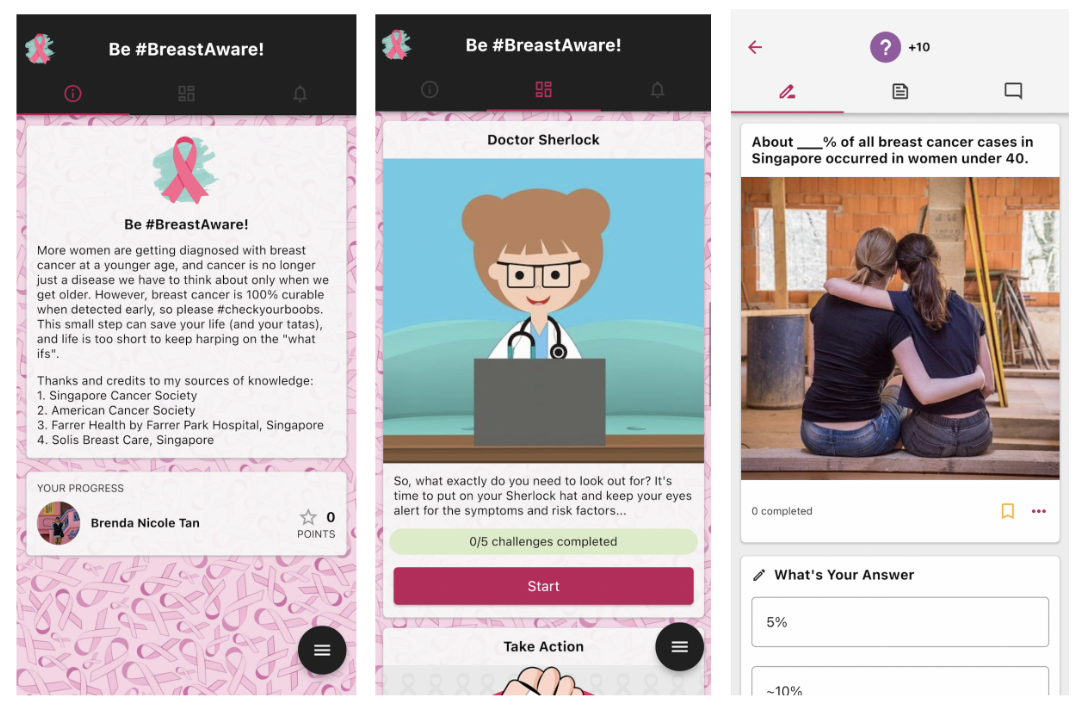
Content
No one wishes to be bombarded with medical facts, especially about a topic as serious as cancer. The content should be presented in a non-intimidating manner to engage the participant, yet still bringing across the topic’s importance to encourage awareness and action. The participant has to gradually feel more and more empowered about the topic as they gain more awareness and knowledge.
There will be 5 separate topics, each with a different theme.
3 topics with actionable challenges:
- Mythbusters
Comprises quizzes that test the participants ability to discern myths and facts about breast cancer, emphasizing on debunking misconceptions. e.g. “The radiation from mammograms do more harm than good. Myth/Fact?” - Doctor Sherlock – Have an eye for spotting cancer? 🔍👀
Comprises quizzes that help the participant learn about breast cancer risk factors and symptoms. - Take Action!
Comprises challenges such as encouraging a friend to go for cancer screening, and participation in events by Breast Cancer Society Singapore.
2 additional topics with content:
- Survivor Stories
First-hand experiences from women who have dealt with breast cancer. Currently, there’s a single challenge here to recruit women willing to come forward with their stories. - Credits and Sources
Links to breast cancer resources quoted in the content prepared for this campaign. - Ask the Experts [Future content]
Collaboration with breast cancer specialists and thought leaders to answer Q&A and share
information regarding breast cancer and treatment.
Feedback
After participants complete the quiz challenges, the feedback message presented after the challenge is completed acts to supplement knowledge gained from completing the quiz itself.
Example of a quiz challenge in “Mythbusters”:
“If I eat healthily, lose weight, exercise regularly and limit my alcohol, I don’t have to worry about breast
cancer. Myth or Fact?”
The message presented after the challenge is completed is: “Myth – These healthier practices may reduce the risk of breast cancer, but do not eliminate the possibility of developing it. Your individual breast cancer risk may also be determined by your genes and other medical conditions you may have.”
Achievements
Achievements will be tied to the participants’ performance in the individual topics. For the quiz-based topics, bronze, silver and gold “Mythbuster” and “Doctor Sherlock” badges are awarded according to the % of total earnable points they earned in each topic. The Champion badge will be tied to a single challenge in the “Take Action!” topic which is to refer friends for breast cancer screening. Achievements earned are displayed on participants’ profile pages.
- Mythbuster Badge
(Bronze/Silver/Gold – based on points earned in “Mythbusters” topic) - Doctor Sherlock Badge
(Bronze/Silver/Gold – based on points earned in “Doctor Sherlock” topic) - #Breastie Champion Badge
(Referred __ friends for screening)
Note: The Mythbuster and Doctor Sherlock badges are not yet implemented in the project as the full list of content is not yet finalized – these achievements are pegged based on the total earnable points for the respective topics. For now, placeholder badges have been added.
Rewards
I’d rather not promote tangible rewards for such a campaign, as I don’t wish to undermine this topic to a level where people only engage with it just because “I want to earn a voucher”.
[Brenda rant] Hello?! I’m working on this because I am suffering from breast cancer myself and want to help people like you but you only want the free stuff. &^*$&@^&* [/End Brenda rant]
Tangible rewards (if any) will be introduced at a later stage in 2024. Depending on the response, the rewards will vary. If participation is less than anticipated, then we have to introduce rewards/benefits geared to what women below 40 generally enjoy. For example, vouchers/discounts for:
- Fitness class trials
- Dining at popular cafés
- Free entry to events (e.g. Boutique Fairs Singapore)
- Supermarkets
But ideally, the campaign will have a steady pool of participants so that we can introduce reward
schemes to “pay it forward” such as:
- “For 100 points, ___ company will donate $10 to the Breast Cancer Foundation.”
- “For 80 points, redeem a cafe voucher to cheer up a friend who is going through a bad
time. (You will be prompted to enter your friend’s email address after this.)”
1Cancer Statistics – National Cancer Centre Singapore
https://www.nccs.com.sg/patient-care/cancer-types/cancer-statistics
2Farrer Health – Breast Cancer in Young Women: Should I Care?
https://www.farrerpark.com/farrerhealth/articles/detail.html?id=6117
3PubMed – The relationship of mammographic density and age: implications for breast cancer screening
https://pubmed.ncbi.nlm.nih.gov/22358028/
4NUS study: Lack of knowledge, fear of becoming burden among reasons Singapore women don’t go for breast cancer screening
https://www.straitstimes.com/singapore/nus-study-lack-of-knowledge-fear-of-becoming-burden-among-reasons-singapore-women-dont-go

